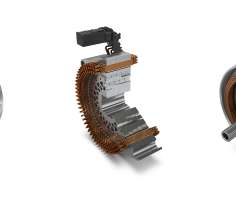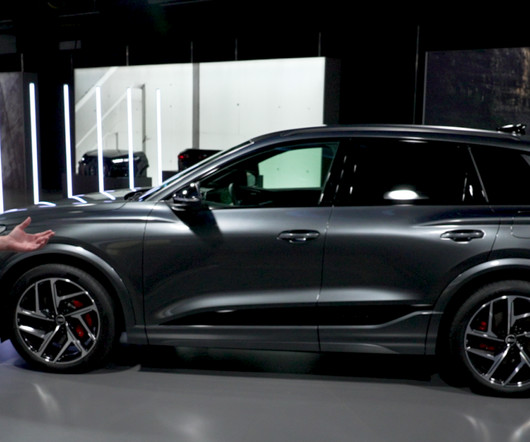Schaeffler opens new dedicated e-mobility plant in Hungary; expects €2-3B in annual e-mobility orders from 2022 on
Green Car Congress
SEPTEMBER 21, 2021
Automotive and industrial supplier Schaeffler has opened a new production facility at its Szombathely location in the west of Hungary. Construction work on Szombathely II, the Schaeffler Group’s second plant in western Hungary, started in 2020. million between 2026 and 2029. million between 2026 and 2029.











Let's personalize your content